
A lot of films that considered classics have managed to transcend time, push the boundaries of filmmaking and create a unique cinematic language.
Here is a list of some movie classics you have probably never seen.
10. Vivement Dimanche! (1983)
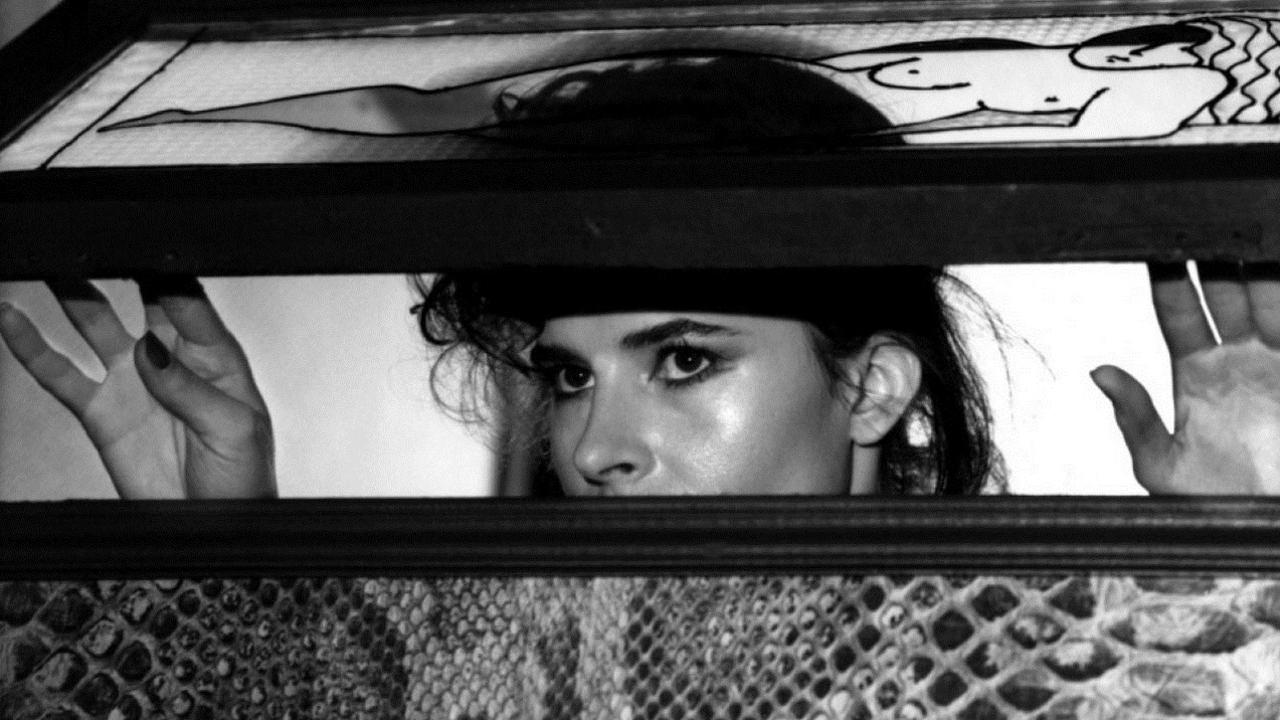
“Vivement Dimanche!” (or “Confidentially Yours”) is the swang song of the legendary French director François Truffaut. While Truffaut was a pioneer of the French New Wave (Nouvelle Vague), he was also a great admirer of Alfred Hitchcock’s work. Thus, “Vivement Dimanche” isn’t just an intelligent thriller with funny dialogues, but also a homage to the British filmmaker.
This suspenseful thriller features Fanny Ardant as Barbara Becker, an attractive but insecure secretary that has been in love with her boss for a long time. When her employer Julien Vercel (Jean-Louis Trintignant) is accused for the murder of his wife and her lover, the young secretary decides to prove his innocence. What follows is a great Hitchcockian tale as the secretary investigates on her own these mysterious murders.
Despite the fact that “Vivement Dimanche!” is one of the most underappreciated works of Truffaut’s stunning filmography, it is a gorgeous black and white mystery film. Not only the French auteur manages to create a thrilling crime story with plot twists and great character development, but also a delightful romantic comedy with highly entertaining dialogues and heartwarming performances.
On the other hand, it is quite obvious that this well crafted mystery is a tribute to the master of suspense Alfred Hitchcock. The magnificent opening scene, the camera movement and the plot development create one of the best Hitchcockian films not directed by the British filmmaker.
Although “Vivement Dimanche!” is the last film of Truffaut’s great filmography, it is one of the most entertaining thrillers of the French art-house cinema.
9. Il Bidone (1955)
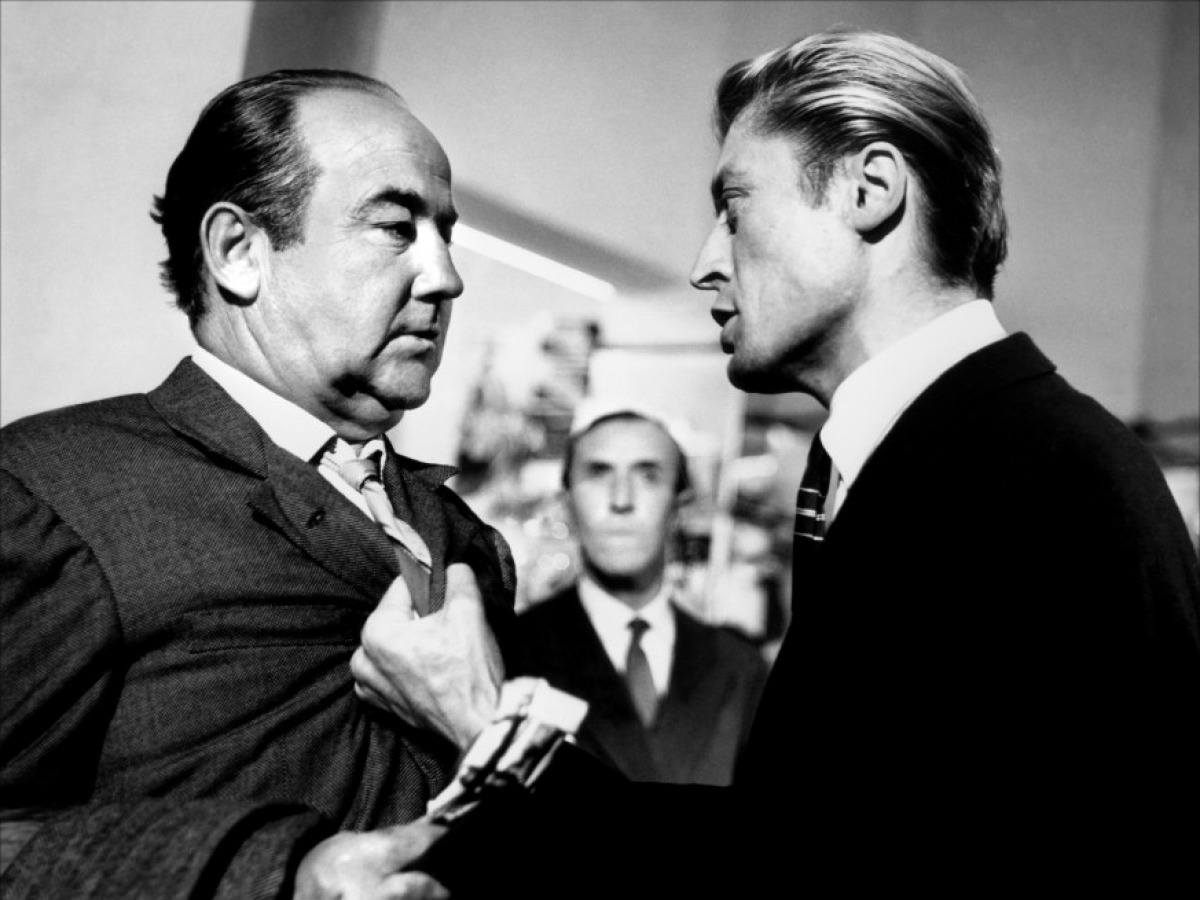
“Il Bidone” is undoubtedly one of the most underrated films of Federico Fellini’s filmography. Being part of the trilogy of loneliness (“La Strada”,”The Nights of Cabiria”), “Il Bidone” is a touching story about the adventures of some con-men (“The Swindlers”). It is a heartbreaking film that unfolds through a series of vignettes focusing on the existential crisis that some con artists have to face.
Broderick Crawford stars as Augusto, a lonesome leader of trio of con-men that cheat and swindle the uneducated and poor people. The other two con artists are Roberto (Franco Fabrizi) and Picasso (Richard Basehart), a painter who is married to Iris (Giulietta Masina). When Augusto decides to help his daughter, everything gets out of control. Not only he has to face the consequences of betrayal, but also to deal with the existential pain.
The great Italian director manages to create one of the most compelling stories of all time. It is a deep examination of some corrupted outsiders of the society as well as a philosophical study on existentialism and depression. The main character faces the existential anxiety when he realises that his life is meaningless.
Moreover, the visually stunning black and white cinematography by Otello Martelli and the magnificent music by Nino Rota contribute to this poignant and heart wrenching drama. In addition, Giulietta Masina delivers a sensational performance as a supporting character.
To sum up, “Il Bidone” is a poetic story with outstanding performances that needs to be rediscovered. It is a classic art-house film that transcends the Italian neorealism wave.
8. Le Bonheur (1965)
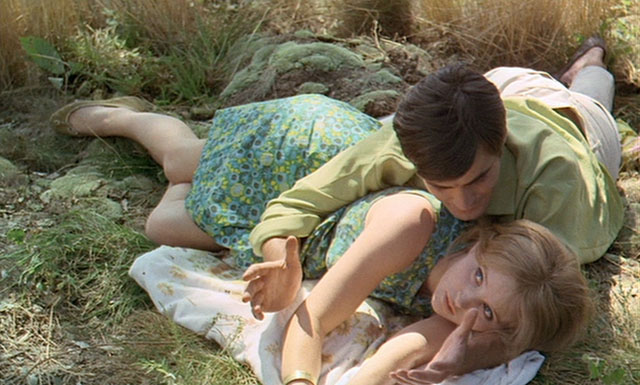
Agnès Varda, one of the most prolific female directors of all time, creates another masterpiece. “Le Bonheur” (“Happiness”) is a triumph of the French New Wave as well as one of the most important feminist films of that era.
The film tells the story of François (Jean-Claude Drouot), a young carpenter who lives a happy life with his wife Thérèse and their two beautiful children. Although everything seems perfect, François falls in love with Emilie, a young girl who works at the post office.
François is experiencing a new level of happiness as he has two lovers. Thus, he decides to share his feelings with his wife and reveal the truth about his affair with another woman. Things get out of hand since Thérèse can’t stand the truth.
It goes without saying that Agnès Varda’s “Le Bonheur” is a deep examination of the conjugal family as well as a subtle critique on the role of the women in modern society.
In addition the film is associated with the feminist movement and the cultural of revolution of 1968.
On the other hand this jewel of the French New Wave is also one of the most subversive films of all time. Not only it is a dark multi-layered drama with hidden meaning, but also a thought provoking movie with gorgeous cinematography and great music.
All in all, “Le Bonheur” is a deceptively simple presentation of the problems of the modern family as well as an academic study on feminism.
7. The Stranger (1967)
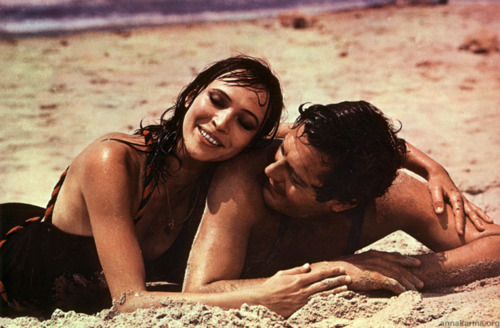
Luchino Visconti’s film adaptation of Albert Camus novel (“L’etranger”) is probably one of the most underappreciated films of art-house cinema. Not only the legendary Italian filmmaker manages to create a visually hypnotic masterpiece, but also one of the most important film adaptations of all time.
The film features Marcello Mastroianni in the main role as Meursault, a man who accidentally commits a murder. In addition, Anna Karina delivers a sensational performance as Marie Cardona, Meursault’s mistress. Although Meursault is the primary suspect of this crime, he is punished for other reasons. Not only he is an emotionless guy who can’t blend into society, but also a man that doesn’t believe in anything. When his life is at stake Meursault has to reevaluate his actions.
Meursault played excellently by Mastroianni, is Visconti’s cold vision of Camus tragic hero. To be more specific, Visconti’s Meursault is a character that has accepted his faith as well as the fact that life is meaningless. Despite the fact that this film is an exercise to existentialism, it is also a great character study. Luchino Visconti manages to create a bleak presentation of an absurd world, where there is no true meaning.
Taking everything into consideration Luchino Visconti’s interpretation of Albert Camus classic novel, is a cold and dark place. It is not only an ode to the Algerian philosopher, but also a great study on existentialism and absurdism. A film that is now ripe for rediscovery.
6. Good Morning (1959)
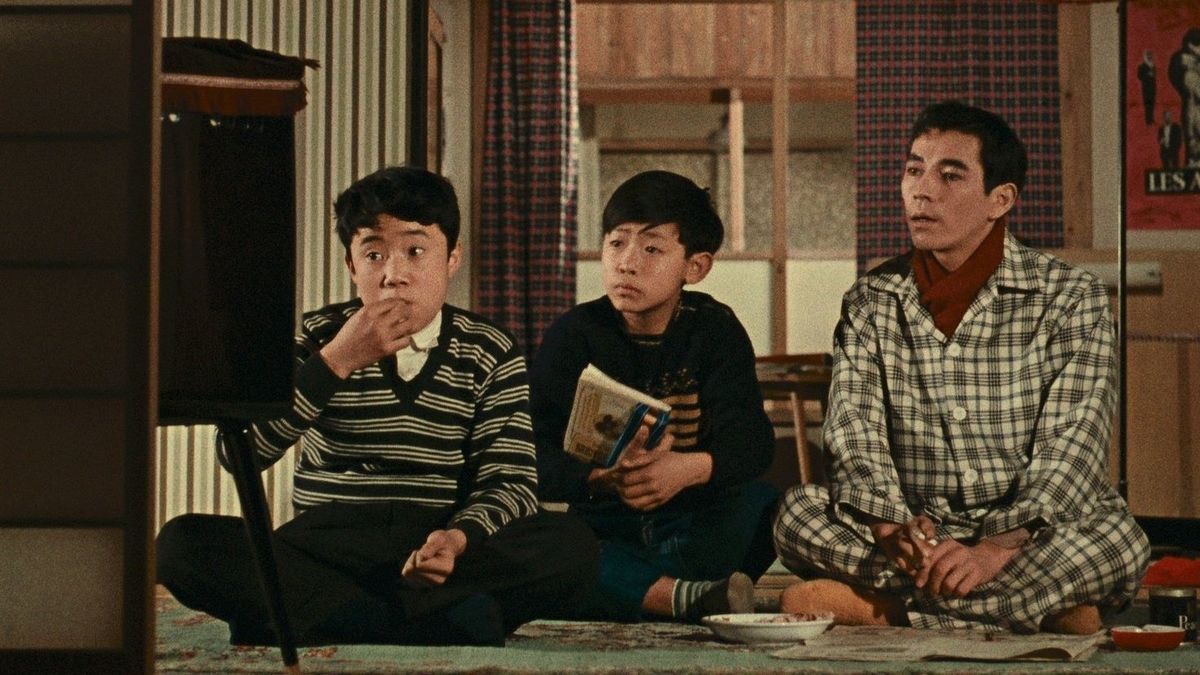
Directed by the master of minimalism Yasujiro Ozu, “Good Morning” (“Ohayo”) is a delightful comedy about the life of two brothers. Set in a suburban area in Japan in the late 1950s, the story is quite simple as two young boys go on a silence strike against any adult because their parents refused buying them a TV set. This act of rebellion against their parents, causes a lot of misunderstandings in the neighbourhood.
Many housewives start to gossip about their parents and how they treat their children.
Although the plot is very simple, “Good Morning” is one of the warmest films of all time. Yasujiro Ozu manages to create a realistic depiction of the lives of some Japanese working class families. The film stands out as a subtle commentary on the influence of the western culture in Japanese society. Not only it reflects the struggle of the Japanese working class family, but also the generation and cultural gap.
On the other hand, “Good Morning” is a heartwarming comedy as well as a humane portrait of the simple life of a Japanese family. Despite the fact that it is a satire on social conventions, it is also a unique presentation of the radical changes in Japanese society. For instance the impact of western culture, the invasion of a foreign language and the inevitable rise of technology.
Overall, “Good Morning” is one of the most accessible films of Yasujiro Ozu’s remarkable filmography. Not only a masterpiece of the Japanese art-house cinema, but also one of the best films of the great director.